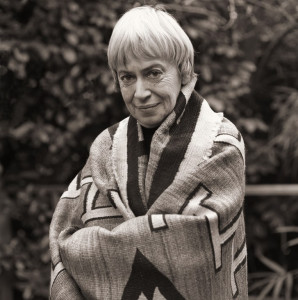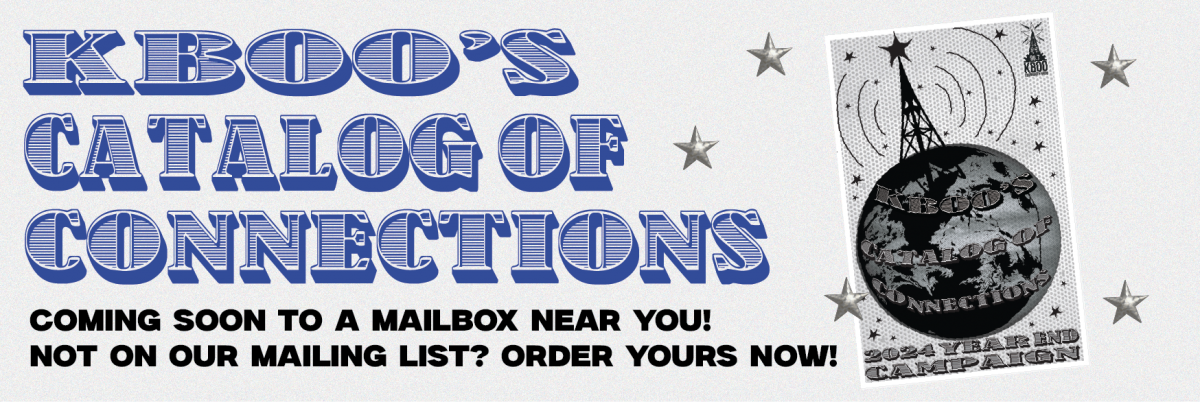
There were thousands of organizers, activists and local social justice leaders around the world who died in 2018. People who may not have made the headlines, but did crucial work in their local communities. As we do every December, we bring you some of the voices and stories of our Fallen Heroes.
Featuring:
Dorothy Cotton, civil rights pioneer; Aiko Herzig-Yoshinaga, researcher and Japanese internment survivor " remembered by Karen Ishizuka, chief curator at the Japanese American National Museum; Muhiyidin Moye aka D'Baha, black Lives Matter Charleston leader " remembered by Kim Duncan, sister of Muhiyidin Moye; Marielle Franco, Brazilian activist and Rio de Janeiro city councilor " remembered by Allyne Andrade, Brazilian lawyer and human rights activist; Ray Hill, LGBTQ and prison activist " remembered by Annise Parker, former mayor of Houston and President and CEO of the LGBTQ Victory Fund and Victory Institute; Saw O Moo, Burmese environmental and human rights activist " remembered by Hsa Moo, Karen Environmental and Social Action Network media coordinator; Kiilu Nyasha, Black Panther and host of Freedom is a Constant Struggle " remembered by Billy X Jennings, Black Panther archivist; Ursula Le Guin, science fiction novelist
Then.....
In 2008 the United States elected its first black president, and recent polls show that only twenty-two percent of white people in the United States believe that racism is a major societal problem. On the surface, it may seem to be in decline. However, the evidence of discrimination persists throughout our society. Segregation and inequalities in education, housing, health care, and the job market continue to be the norm. Post 9/11, increased insecurity and fear have led to an epidemic of the scapegoating and harassment of people of color.
Uprooting Racism offers a framework for understanding institutional racism. It provides practical suggestions, tools, examples, and advice on how white people can intervene in interpersonal and organizational situations to work as allies for racial justice. Completely revised and updated, this expanded third edition directly engages the reader through questions, exercises, and suggestions for action, and takes a detailed look at current issues such as affirmative action, immigration, and health care. It also includes a wealth of information about specific cultural groups such as Muslims, people with mixed-heritage, Native Americans, Jews, recent immigrants, Asian Americans, and Latinos.
Previous editions of Uprooting Racism have sold more than fifty thousand copies. Accessible, personal, supportive, and practical, this book is ideal for students, community activists, teachers, youth workers, and anyone interested in issues of diversity, multiculturalism, and social justice.
Paul Kivel is an award-winning author and an accomplished trainer and speaker. He has been a social justice activist, a nationally and internationally recognized anti-racism educator, and an innovative leader in violence prevention for over forty years.
- KBOO




